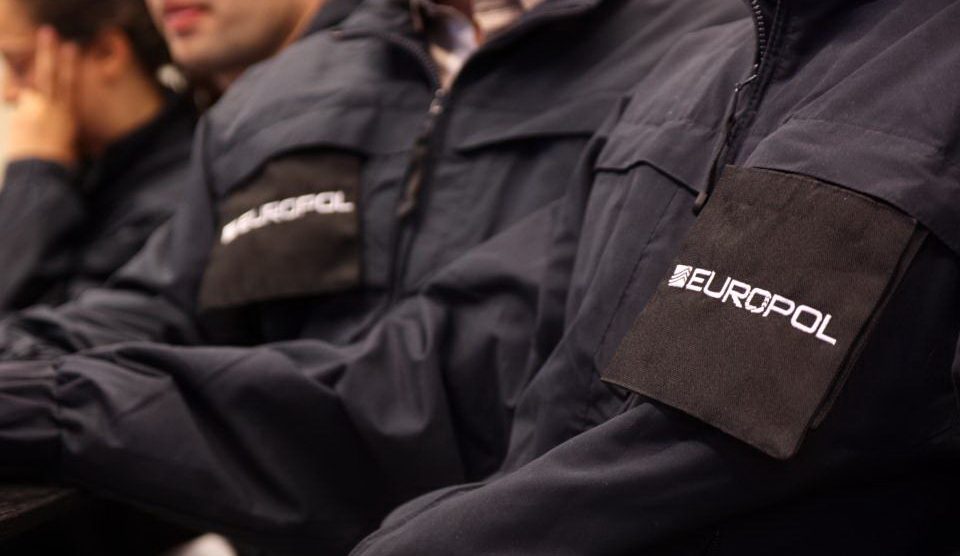Code name: Calypso. A coordinated operation led by EPPO, in partnership with Europol, the European Anti-Fraud Office (OLAF), and national prosecutors, has exposed a vast criminal network—controlled by Chinese nationals—responsible for large-scale customs and VAT fraud, and Italy was among the core destinations in the fraudulent system.
- The estimated damage amounts to €700 million, roughly €250 million in evaded customs duties and €450 million in unpaid VAT.
- Authorities conducted 101 raids across Bulgaria, China, Czechia, Denmark, France, Germany, Greece, Hungary, Italy, Poland, Portugal, Slovakia, Slovenia and Spain.
- These are listed as final (though often fake) destinations for the imported goods.
How it worked. Goods entered the EU—mainly through the Greek port of Piraeus, operated by Chinese interests—at falsely low declared values to avoid duties.
- They were routed through shell companies in Bulgaria using Greek VAT numbers and fraudulently declared for intra-EU transport under Customs Procedure 42.
- In reality, the goods were offloaded in countries like Italy, handled by clandestine Chinese-run logistics hubs, and sold on the black market for cash.
- As the Chinese-controlled port is often portrayed as a strategic connectivity hub, the Calypso operation reveals its vulnerability to illicit flows and its role in undermining EU customs resilience.
What was seized. Authorities confiscated €5.8 million in various currencies, including Hong Kong dollars and euros stored in digital wallets, as well as crypto assets.
- They also seized over 7,000 e-bikes, 3,600 e-scooters, and 480 containers, which are now under inspection in Piraeus.
- Additional seizures include 11 properties in Spain, 27 vehicles, luxury goods (bags, watches, jewellery), as well as firearms and cold weapons found in suspects’ homes.
Decoding the news. Italy was not a secondary stop—it was a primary target.
- The illegal flow of Chinese goods fuels the shadow economy, evades taxes, and shows how Chinese criminal networks are embedded in logistics and organised crime across Italian territory.
The broader context. This is not just about counterfeit goods.
- The criminal infrastructure uncovered by EPPO involves full-chain control: import, distribution, fake invoicing, and money laundering.
- The crackdown comes as Wang Yi, China’s foreign minister, visits Brussels, Berlin, and Paris to push for closer EU-China trade ties and bilateral engagement.
A sharp question. While Beijing promotes dialogue and trade cooperation, this case shows a parallel, darker dimension of China’s European footprint—one tied to illicit economic practices and financial subversion.
- It also raises a strategic question: do these networks mirror the commercial routes used to deliver fentanyl to the US?
- As with other grey-zone practices, without being so speculative, distinctions between private actors and state-backed strategies become increasingly blurred.





